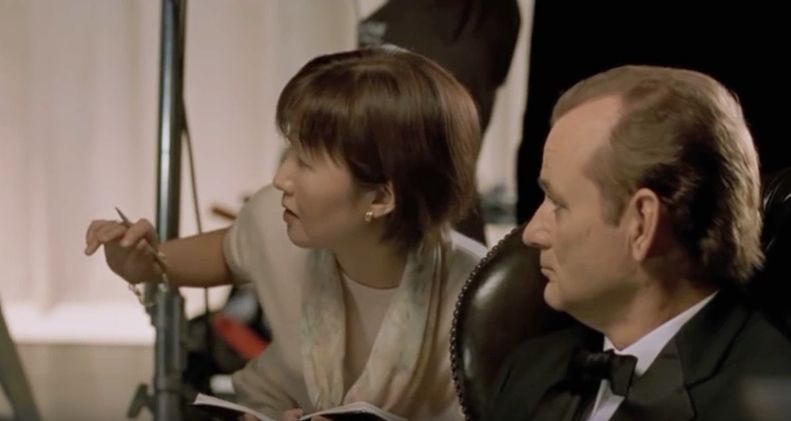The Interpreter in Popular Culture

Pop culture is responsible, in large part, for the difficulty the average person has with understanding what it takes to do anything outside their sphere of knowledge. We all do it because entertainment serves as shorthand knowledge. Policemen like doughnuts. Teachers are babysitters. Interpreters do direct translation. The use of interpreting tropes can form the foundation for a big laugh, unless you happen to be an interpreter.
Most interpreter clichés are in place because it would be difficult to have an interpreter in a film or TV show for a considerable amount of time, and it would become expensive. It is easier to use the interpreter briefly and either do away with the foreign language premise, or initiate sub-titles. Unfortunately, a lot of the interpreter clichés also stem from ideas about foreign languages and their speakers.
The Redundant Interpreter
This is the best example of using interpretation for as little time as possible. In this trope, a main character is speaking to someone foreign who is using an interpreter. After a few rounds of conversation, the foreign character will answer directly using the language of the main character. This means the character is perfectly able to speak the language, but likes to keep a completely unnecessary interpreter around.
This trope has been used on television programs including Game of Thrones, The West Wing, Lost, Psych, and many more. It has also been used in such films as Batman Begins and Bananas. The cliché generally functions to display the foreign speaker's intelligence and the native language speaker's biases against non-native speakers.
Translation: Yes
Folks usually expect short phrases in one language to be equally short in another. Many TV shows and films parody this concept by having a single word in another language become a long phrase in English, or a ridiculously long phrase in the other language translate to a single English word, often the word "yes." For example, in the film Lost in Translation, a director gives Bill Murray's character long, rambling instructions in Japanese. The studio translator shortens the instructions considerably and Murray notices, asking, "Is that everything?" It seemed like he said quite a bit more.
The reality is that certain short words actually translate to very complicated concepts, requiring rather long explanations from an interpreter. However, this isn't the reason for the imbalanced translation. It is meant to be humorous because the impression is given that the interpreter may have left something out, or a disconnection is present in the translation.
Tactful Translation
When an interpreter appears to be presenting different information than that conveyed by the original speaker, it may be cliché of the tactful interpreter at work. In international business, politics, or the meeting of two factions before a battle, an interpreter may be needed for the two or more sides to understand each other. Frequently, one side will either intentionally or unintentionally say something insulting, offensive, and personally distasteful to someone on the other; reveal some cultural biases; or make a terrible threat. What is the interpreter to do? Do they repeat all that accurately and maybe end any chance of agreement?
In pop culture, the interpreter chooses to do a tactful translation, translating the spirit of what was said or is important, while leaving out all the insulting or offensive content. In the 2003 live-action Peter Pan film, Captain Hook captures Tigerlily and asks her—with the help of an interpreter—if she has seen Peter Pan. Tigerlily responds with visible anger and disgust, complete with spitting at Hook. It is interpreted as. "She says, 'sorry, but no.'"
These are just three examples of some common interpreter clichés; there are at least a dozen more. They can be used to make things humorous, but examining the patterns they are rooted in can be a little unsettling. This is why trust between a client and an interpreter is important. Making sure you work with a reliable agency, like Ablio, or such an agency helps to minimize the chances that these tropes will enter your real life. They aren't nearly as funny in that case.
Image is a screenshot of the movie "Lost in Translation", presented under the Fair use of United States law.
Using state-of-the-art IT & telecommunication technologies, ablio makes language interpretation services easily available to everyone, in any context, by creating tools and service platforms that are supported by its own community of live interpreters.
For further information please visit our websites:
● ablio.eu – General Website
● ablio.com – OPI Platform
● ablioconference.com – Simultaneous Interpreting Platform

